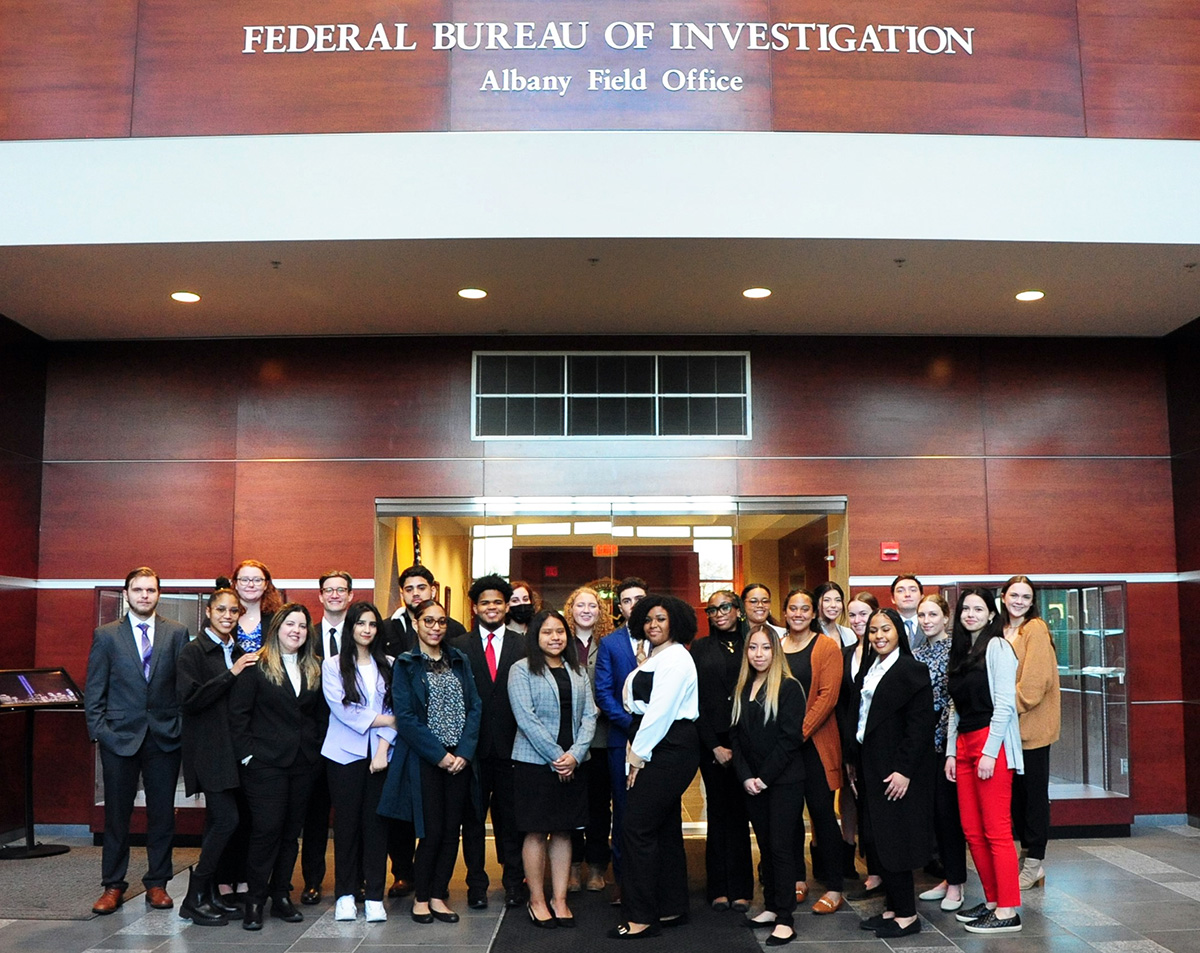Deadlines
Departmental Assistantship Consideration
Fall: March 1
Spring: November 1
Summer: N/A
No Departmental Assistantship Consideration
Fall: August 1
Spring: January 1
Summer: April 1
Required Application Materials
- Official transcripts from all schools attended. A grade point average of 3.0 (B) is strongly preferred.
- Three Letters of Recommendation
- Resume
- Short-Answer Responses:
1. Discuss (in 500 words or less) your background and/or experiences that have led to your interest in Emergency Management and/or Homeland Security.
2. State (in 500 words or less) your short and long-term career objectives, including how the opportunities provided by the Emergency Management and Homeland Security Master’s program will assist you in achieving those objectives.
3. Describe (in 250 words or less) any barriers to success you have encountered in your educational or professional career, how you have overcome them, and how the skills and knowledge you leveraged to circumvent those barriers may also help with the demands of being enrolled in a master’s program.
4. Identify (in 250 words or less) the concentration you wish to pursue in the Emergency Management and Homeland Security Master’s program and explain why you are interested in that concentration. If there are particular faculty you would like to work with or you think would be a good fit as an advisor, feel free to discuss that here as well.
Available information for International Applicants.
Special Notes
This program offers an internship, field experience, study abroad component, or clinical experience requirement. Students who have previously been convicted of a felony are advised that their prior criminal history may impede their ability to complete the requirements of certain academic programs and/or to meet licensure requirements for certain professions. If you have concerns about this matter, please contact the Dean’s Office of your intended academic program.






